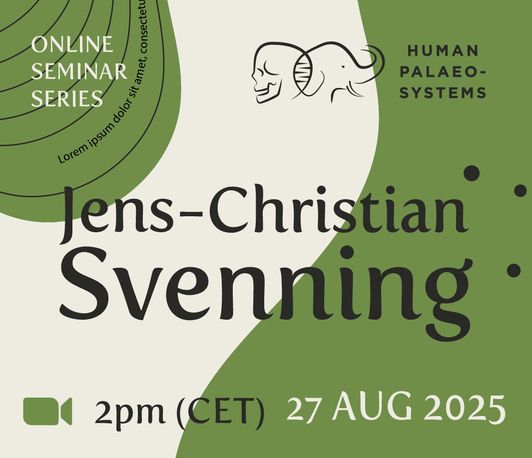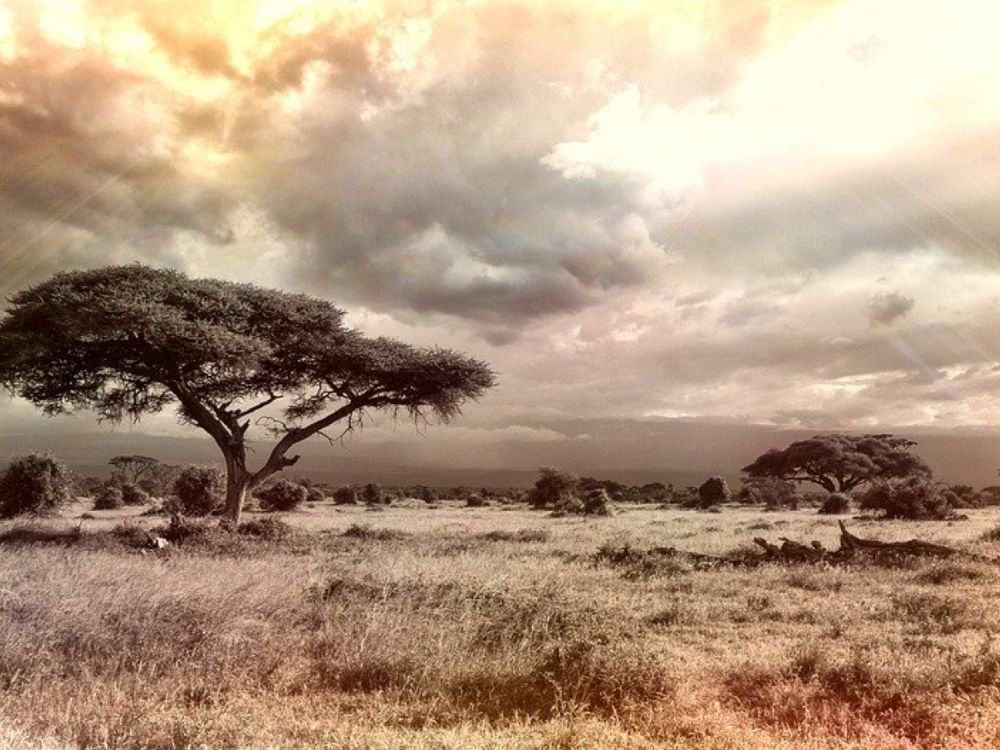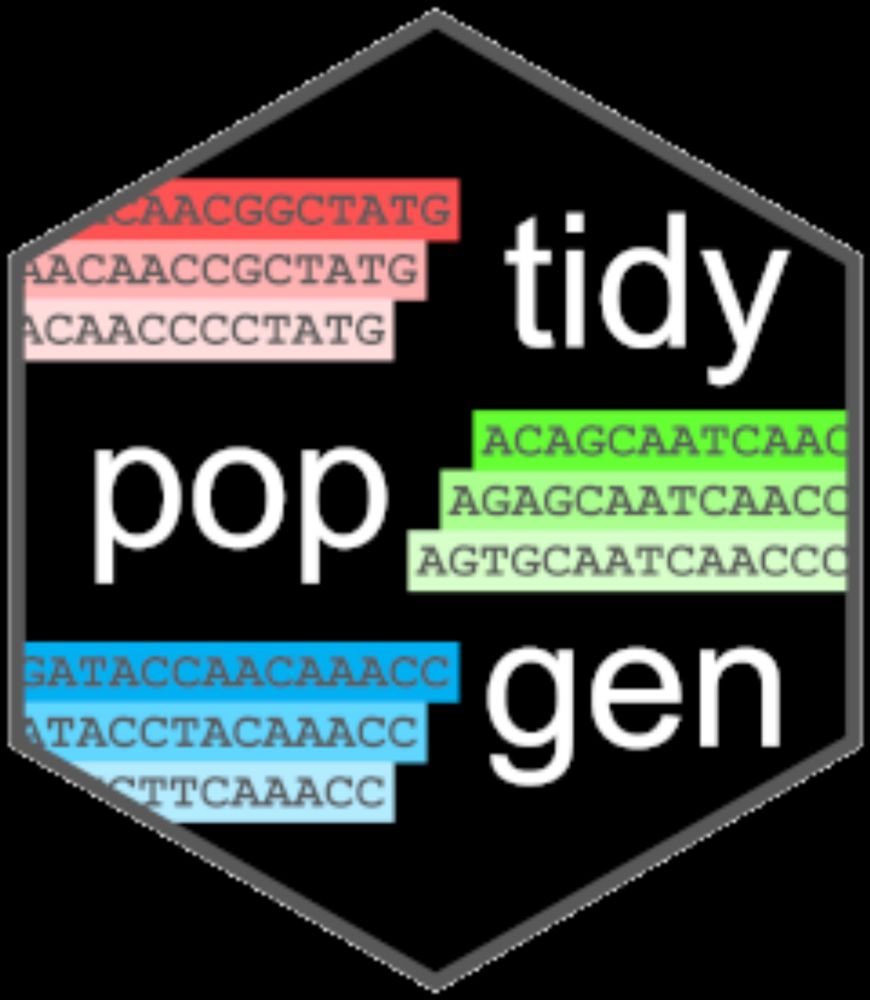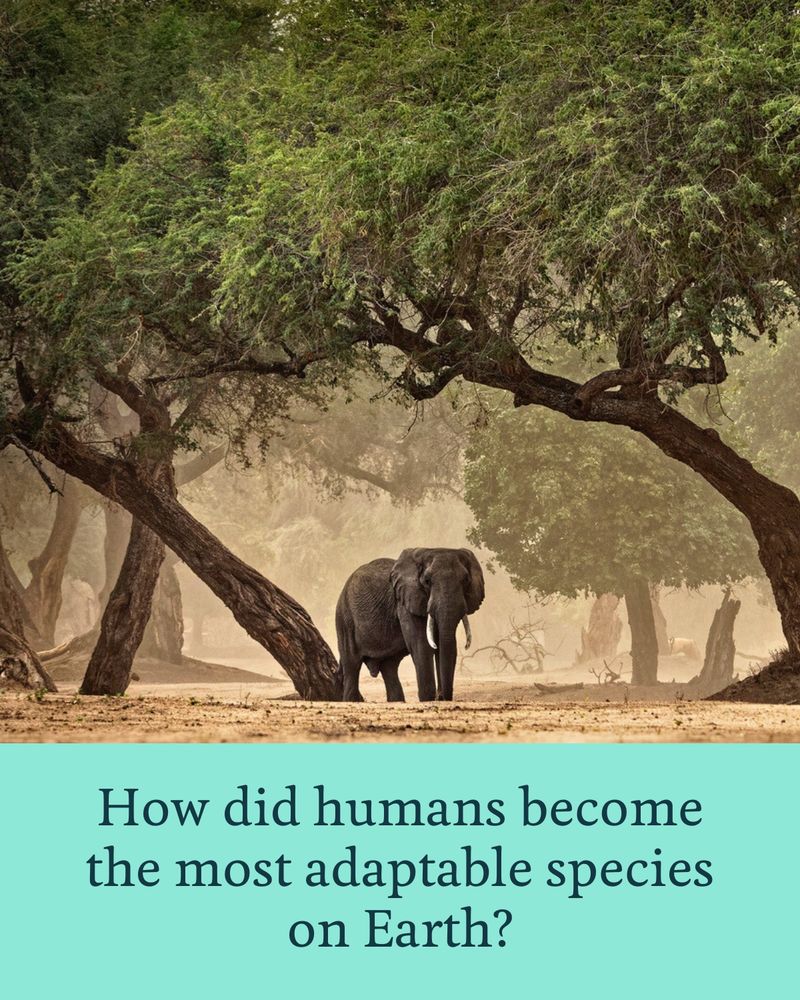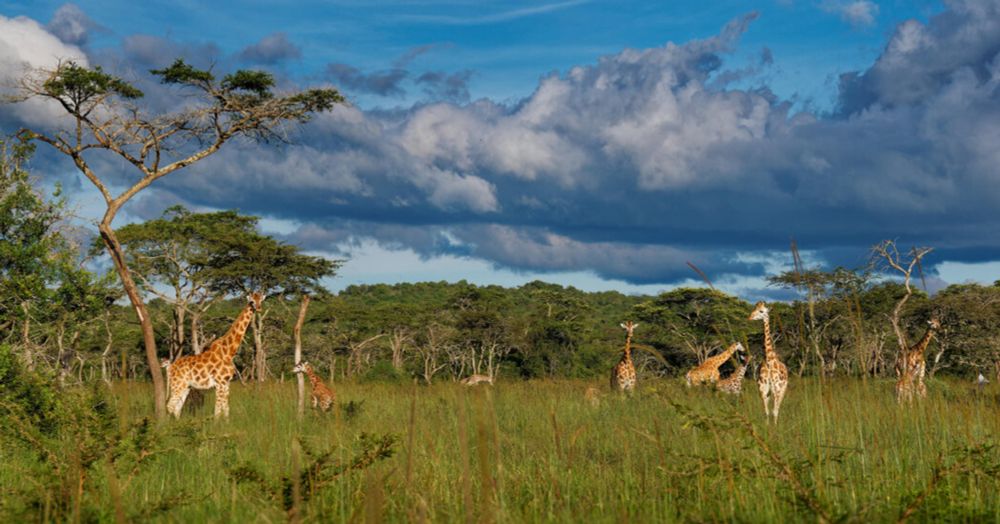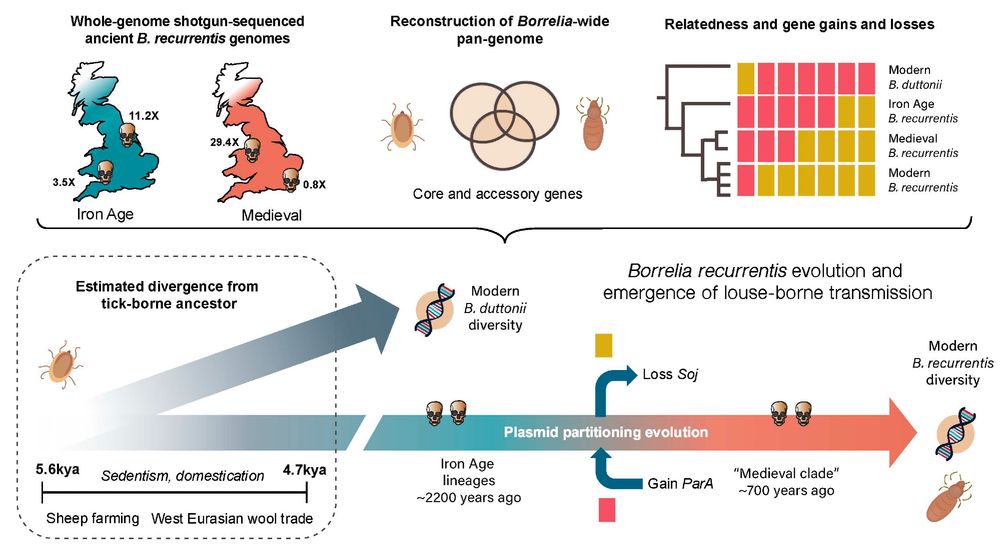Margherita Colucci
@margheritac17.bsky.social
75 followers
120 following
6 posts
Forensic and Pop.Genetics🧬Human and disease coevolution🧬genetic genealogy🧬Evolutionary Ecology @HumanPalaeosystemsResearch group @MPI-GEA & @EGG_Cam
Posts
Media
Videos
Starter Packs
Reposted by Margherita Colucci
Reposted by Margherita Colucci
Lucy Timbrell
@lucytimbrell96.bsky.social
· Aug 27
Reposted by Margherita Colucci
Lucy Timbrell
@lucytimbrell96.bsky.social
· Jul 10
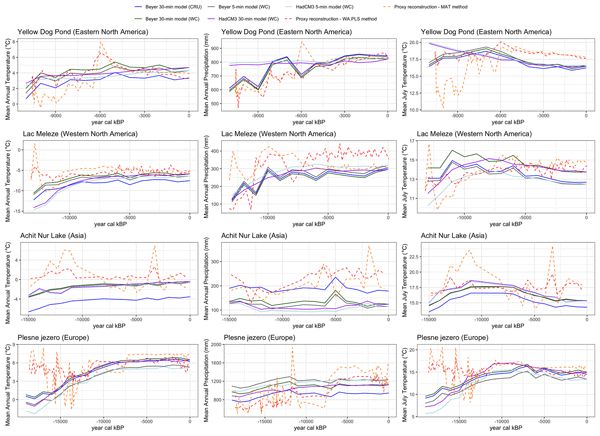
More is not always better: delta-downscaling climate model outputs from 30 to 5 min resolution has minimal impact on coherence with Late Quaternary proxies
Abstract. Both proxies and models provide key resources to explore how palaeoenvironmental changes may have impacted diverse biotic communities and cultural processes. While proxies are thought to pro...
cp.copernicus.org
Reposted by Margherita Colucci
Lucy Timbrell
@lucytimbrell96.bsky.social
· Jul 10

More is not always better: delta-downscaling climate model outputs from 30 to 5 min resolution has minimal impact on coherence with Late Quaternary proxies
Abstract. Both proxies and models provide key resources to explore how palaeoenvironmental changes may have impacted diverse biotic communities and cultural processes. While proxies are thought to pro...
cp.copernicus.org
Reposted by Margherita Colucci
Reposted by Margherita Colucci
Reposted by Margherita Colucci
Michela Leonardi
@mikleonardi.bsky.social
· Jun 18
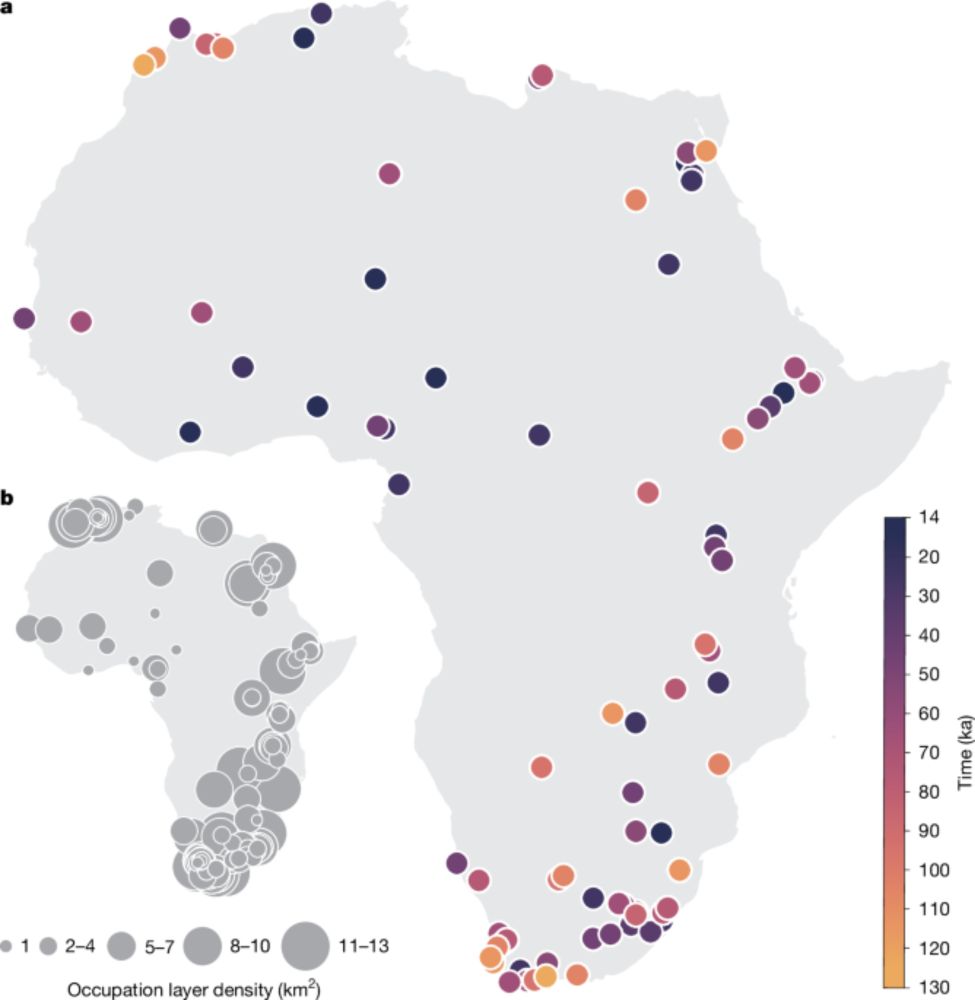
Major expansion in the human niche preceded out of Africa dispersal - Nature
Analysis of species distribution models in a pan-African database comprising chronometrically dated archaeological sites over the past 120,000 years shows major expansion in the human niche from 70 ka...
www.nature.com
Reposted by Margherita Colucci
Eleanor Scerri
@elliescerri.bsky.social
· Jun 18
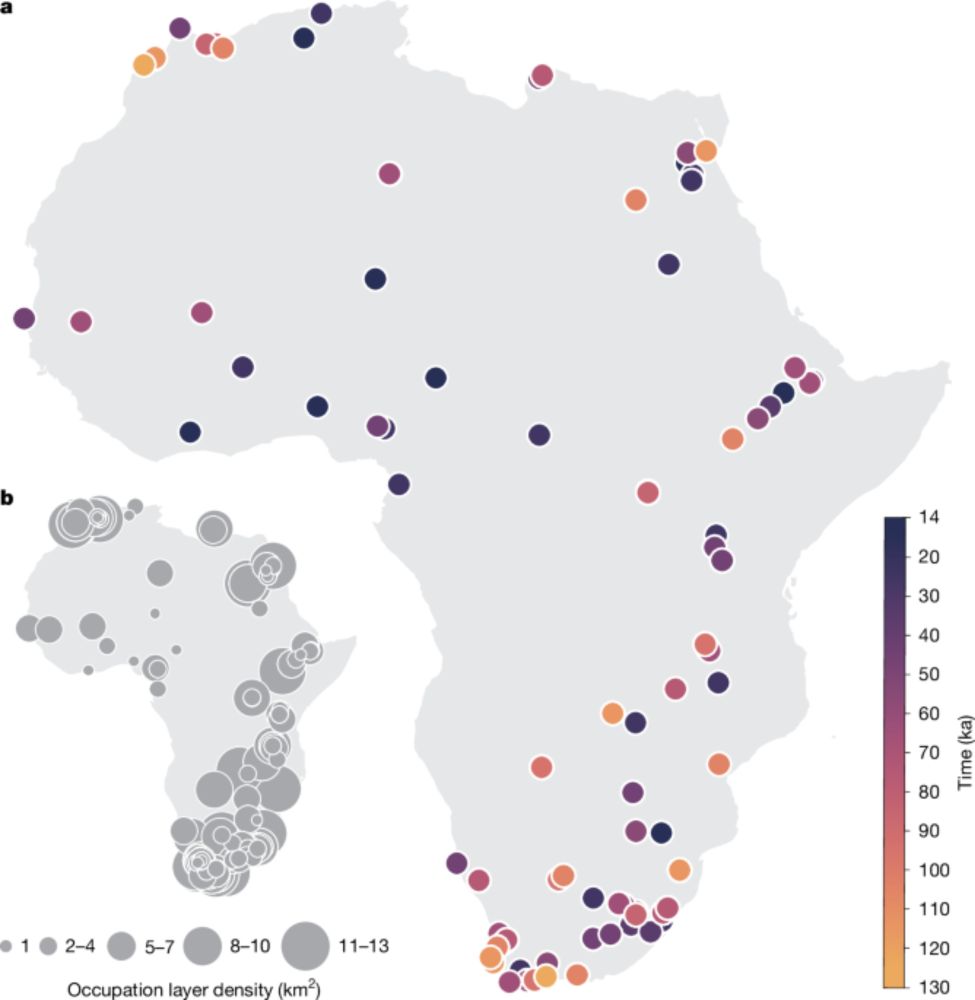
Major expansion in the human niche preceded out of Africa dispersal - Nature
Analysis of species distribution models in a pan-African database comprising chronometrically dated archaeological sites over the past 120,000 years shows major expansion in the human niche from 70 ka...
www.nature.com
Reposted by Margherita Colucci
Reposted by Margherita Colucci
Anahit Hovhannisyan
@anahit19.bsky.social
· Jun 18
Reposted by Margherita Colucci
Reposted by Margherita Colucci
Reposted by Margherita Colucci
Lucy van Dorp
@lucyvandorp.bsky.social
· May 23
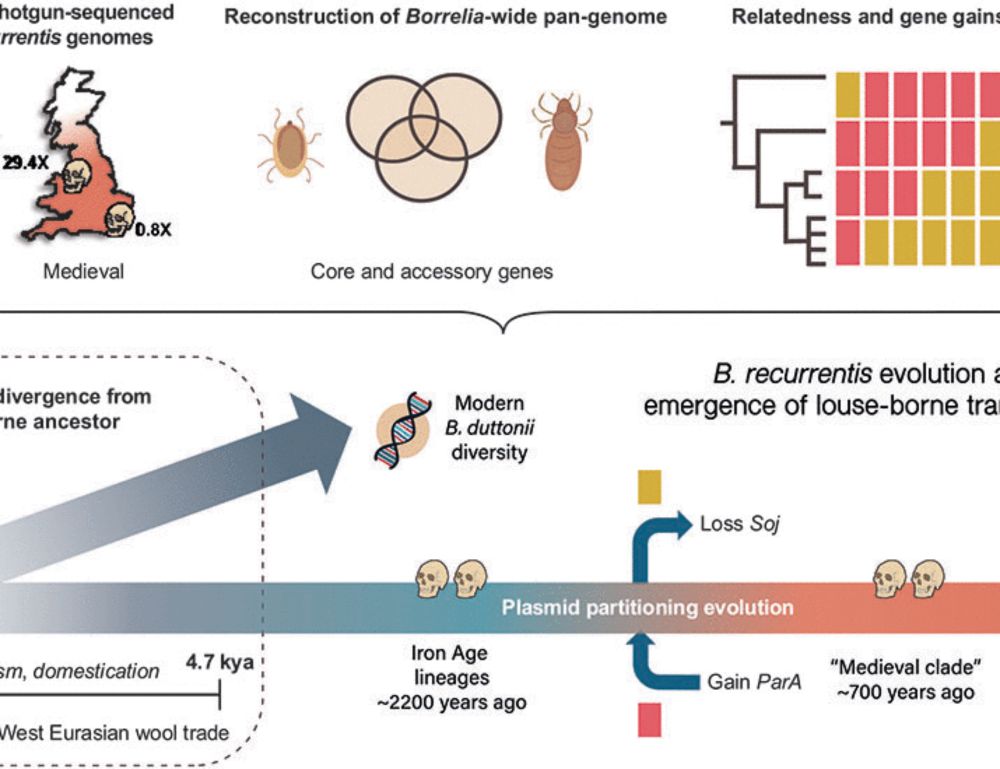
Ancient Borrelia genomes document the evolutionary history of louse-borne relapsing fever
Several bacterial pathogens have transitioned from tick-borne to louse-borne transmission, which often involves genome reduction and increasing virulence. However, the timing of such transitions remai...
www.science.org
Reposted by Margherita Colucci
Michela Leonardi
@mikleonardi.bsky.social
· Apr 11
Reposted by Margherita Colucci
Reposted by Margherita Colucci
Reposted by Margherita Colucci


